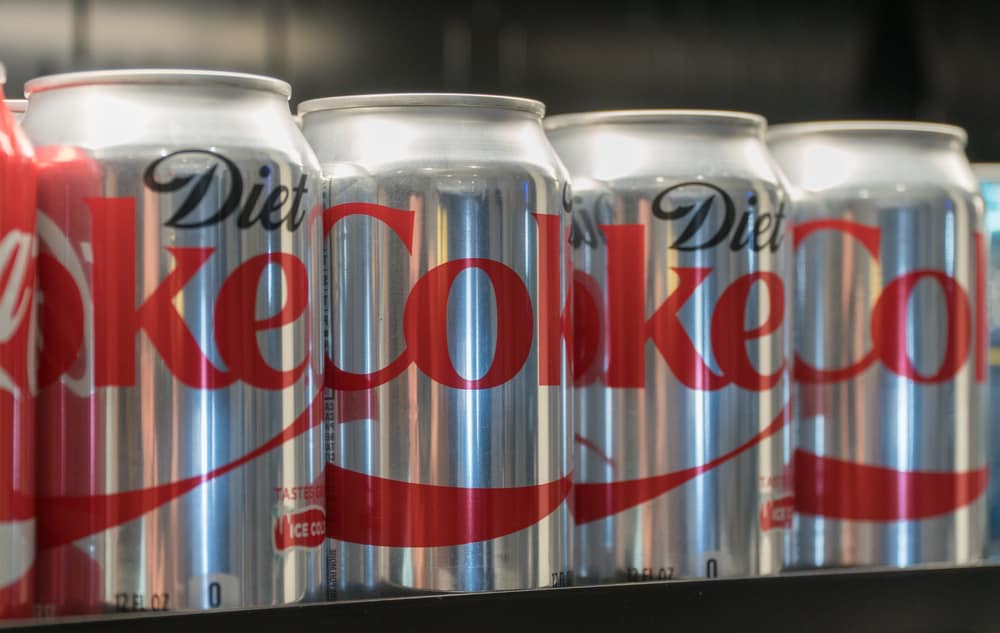Anyone who wants to lose weight knows to watch what to eat, but those are not the only calories to keep track of. What you drink can significantly impact weight management, and since more attention is paid to what kinds of food portions are on your plate, you may be indulging in beverages and not counting them toward your daily intake. Without even knowing, you could be undoing all of your hard work to reduce.
Moderation is the key, and many beverages deserve to be kept at a minimum if you want to reduce them. Watching what you drink can be just as important as watching what you eat. Most drinks that are unhealthy have copious amounts of sugar and sodium. People looking to shed a few pounds need to equip themselves with the proper nutritional knowledge to meet their goals. If you are looking for ways to change your diet, it is best to moderate your intake of these different beverages and swap them for one healthy alternative that would help you be more successful.

30. Diet Soda Is Not Healthy Despite Having The Word ‘Diet’
The name is deceiving, but the zero-calorie alternative to soda may do more harm than good for those trying to lose weight. Many studies link diet soda to severe health conditions, including type-2 diabetes, fatty liver disease, dementia, heart disease, and stroke. They also use sugar alternatives, like aspartame and a sugar alcohol that are not good for you. The reason for the link may not be apparent. Nevertheless, it does cause concern until research discovers a more definitive answer. However, in the meantime, it might be best to avoid them altogether.
Diet sodas use artificial sweeteners to provide their sweet taste. Other stories find a correlation that the zero-calorie beverage can adversely affect health. Furthermore, there is no activation in the reward part of the brain by the presence of real sugar. This could lead to an increased appetite and cravings for more sugary foods as a way to make up the difference. You will be less likely to stay within a calorie deficit, which experts say is the optimal way to lose weight.
